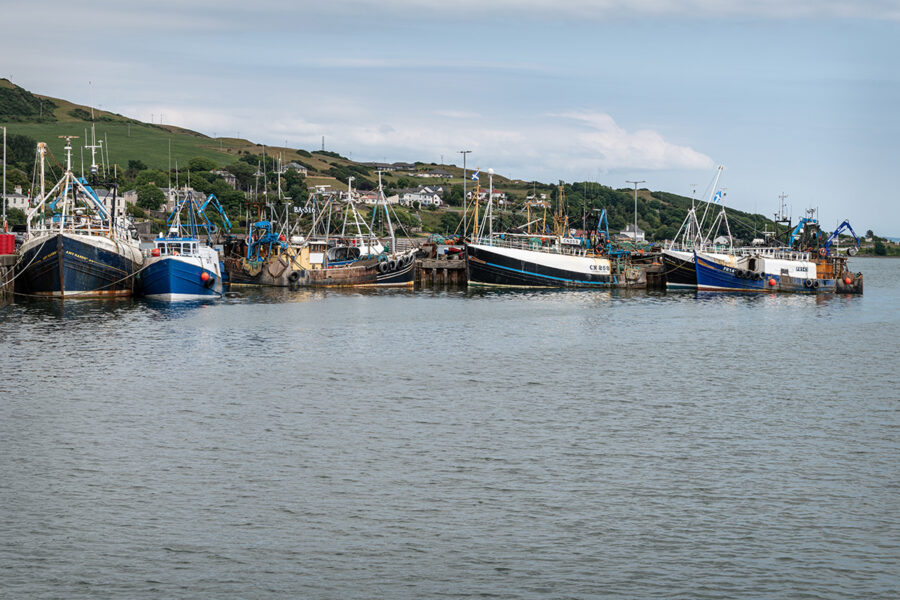‘Insufficient science’ to justify proposal for 11-week closure in 2024
Marine Scotland has opened a consultation on the closure of an area of the Clyde from February to April 2024 to protect spawning cod stocks – but the Clyde Fishermen’s Association (CFA) has said that the scientific evidence for the closure is inadequate, and does not justify Marine Scotland’s preferred option of a complete closure with no exemptions.
It also rejects the claim in the consultation that there will be little or no socio-economic impact resulting from a closure.
There have been annual closures in the area since 2000, but with exemptions for prawn trawlers, creelers and scallop dredgers due to the low numbers of cod that they catch. But in 2022 the exemptions were removed without consultation, which caused an uproar in the local industry. It was eventually modified.
Elaine Whyte, secretary of the CFA, said it was not convinced there was enough scientific data on the cod stocks to justify the closure.
She said survey data was inadequate, and data on cod catches was being gathered from compliance officers boarding boats to check catches, rather than scientifically. It was also often collected from boats that were nowhere near the cod closure area.
Details from Marine Scotland, in answer to a written question from local MSP Finlay Carson, showed the research vessel Scotia had carried out only 3.5 days of groundfish surveys in the Clyde in the two years from June 2021 to June 2023.
In answer to further questions on surveys, Marine Scotland said the University of Strathclyde, through a PhD project co-supervised by Marine Directorate staff, is involved in data collation and stock assessment modelling for demersal stocks in the Clyde. The project uses data from logbooks, routine onboard observer sampling data on bycatch, and data from the Scottish west coast groundfish survey.
The aim is for the PhD project to be submitted at the end of this summer. But even if its model is accepted and published, it will then need to undergo ‘a rigorous benchmark process’ by ICES, and there will then be the question of how to provide adequate data to input into the model.
“We’re not convinced the science is adequate,” Elaine Whyte told Fishing News. “We know they’re using a computer modelling programme, but they don’t have the survey data to put into it. They should be doing that survey work – the science they have on the whole Clyde is very limited.”
Elaine Whyte said the CFA is also ‘deeply concerned’ about the socio-economic impact of the closure. “They say in the consultation there will be little impact on the industry, but they haven’t spoken to any of the skippers or us about the impact on the fleet.
“When we pointed this out, they said: ‘We’ll put it out to consultation, and if you disagree you can put that in your response.’
“But that’s not the point. If I was a member of the public and thought the closure was a good thing to do and there was going to be no impact on skippers, or very little, then I might support it.”
She said Marine Scotland had committed to the consultation without adequate socio-economic data because there was no time to acquire it before it had to get the closure legislation through the Scottish parliament.
She said it was ‘difficult and frustrating’ to be continually involved in these and similar discussions when there was inadequate data, and where the precautionary principle was followed despiteit being impossible to know whether conservation measures worked or not.
“The conversation ties in with those we have on protected marine features, HPMAs, MPAs, marine planning, the whole lot,” said the CFA secretary.
“We need a reset across the board, and to work in ways that are more collaborative. We have to reset the relationship, because it’s becoming very difficult.”
The consultation, which is open until 22 September, can be found here.








